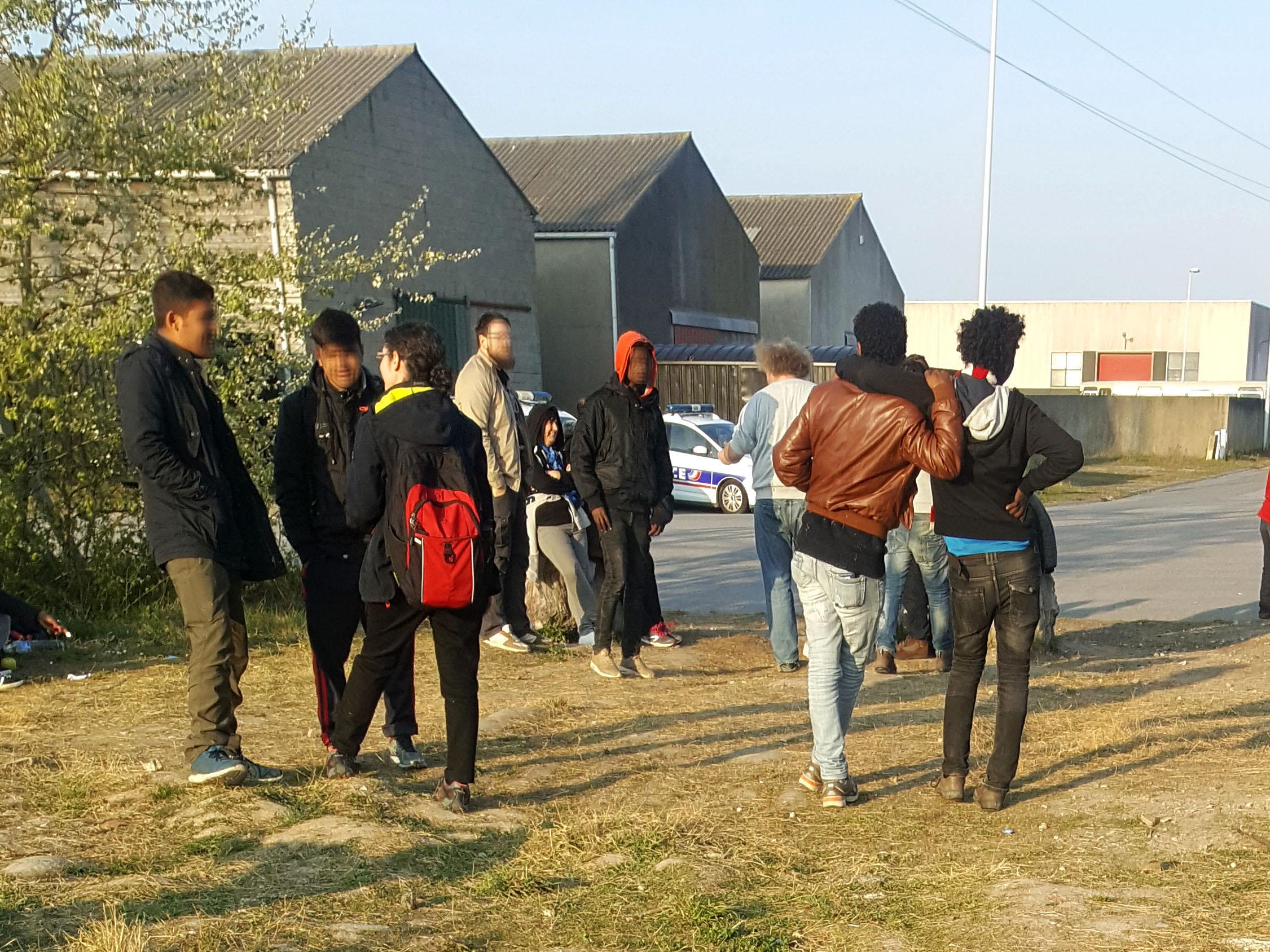Home Office challenged in court over ‘lengthy’ delays reuniting child refugees with family members in UK
Legal case brought on behalf of three unaccompanied minors who, after travelling to northern France, were forced to wait months longer than government deadline to be reunited with loved ones

Your support helps us to tell the story
From reproductive rights to climate change to Big Tech, The Independent is on the ground when the story is developing. Whether it's investigating the financials of Elon Musk's pro-Trump PAC or producing our latest documentary, 'The A Word', which shines a light on the American women fighting for reproductive rights, we know how important it is to parse out the facts from the messaging.
At such a critical moment in US history, we need reporters on the ground. Your donation allows us to keep sending journalists to speak to both sides of the story.
The Independent is trusted by Americans across the entire political spectrum. And unlike many other quality news outlets, we choose not to lock Americans out of our reporting and analysis with paywalls. We believe quality journalism should be available to everyone, paid for by those who can afford it.
Your support makes all the difference.The Home Office is being challenged in court after three young refugees were forced to wait months to be reunited with their families in the UK.
The unaccompanied minors had completed dangerous journeys to northern France and then endured illegal and distressing delays, lawyers are arguing.
The legal deadline to process applications to join family is two months, but they were made to wait between four and six months.
Their case is now being brought by the Migrants’ Law Project and Doughty Street Chambers, who argue the delays were the result of “systemic failures” on behalf of the Home Office – particularly its poor communication with the local authorities where their families live.
It comes after The Independent highlighted the case of a child refugee who languished in France for more than two years before he was able to join his aunt in the UK. The Home Office was accused of “playing games” with the lives of unaccompanied minors.
The three refugees in the latest case, who cannot be named for legal reasons, are an Afghan boy, 16, who had to wait more than four months to be reunited with his older brother, an Eritrean girl, 17, who waited more than five months to join her brother, and another Eritrean girl, 16, who had to wait more than six months to join her older brother.
In each case, “take charge requests” were made by the French authorities to the UK under the family reunification provisions of the EU law Dublin III. The Home Office then “seriously exceeded” the two-month deadline for determining responsibility for the children’s asylum claims, the lawyers said.
In written submissions to the court, a solicitor said that as a result of the Home Office’s “breaches of Dublin III and flawed processes”, the minors “lost the opportunity for a swifter reunification, and the uncertainty and delays caused distress”.
Darby Lin O’Donnell, legal fellow at Safe Passage, a charity that has been working on the case, said the Home Office had “built delay in at every stage” of the transfer process. This can lead unaccompanied minors to turn to illegal routes instead, she said.
“We can see that the delays in these cases are not exceptional,” Ms O’Donnell said. “They are the norm, and the secretary of state is very frequently exceeding the timescale.
“When my colleagues in France tell a child they’ll have an answer in two months, and then in two months they go back to the child and say, ‘We don’t have a response, we haven’t heard anything from the Home Office, just hang tight,’ it makes it really difficult to continue that trusting relationship that we’ve worked so hard to build.
“It increases their risk of absconding, jumping on the back of a lorry, approaching smugglers, traffickers. Especially in France, those risks are completely real.”
The Home Office has claimed the delays were lawful, stating that they were necessary in order to “introduce some flexibility” so that the UK was not deemed responsible for the children “simply because two months have elapsed”.
The department said other reasons for the delays included “the demands created for the rapid increase in referrals from other Dublin III states, the resources available to the Home Office’s European Intake Unit (EIU) at the time [and] the fact that the EIU was having to develop new processes for working with local authorities and the ongoing efforts made to improve the system”.
It comes eight months after the Court of Appeal ruled that the government “materially misled” the High Court about its treatment of child refugees in Calais, with around 500 children not given adequate reasons for being refused to join their families in the UK.
Three months later, the Court of Appeal found that the government broke the law in its treatment of child refugees who were rejected under the Dubs scheme, ruling that they were given “patently inadequate” reasons for the rejection of their applications.
Join our commenting forum
Join thought-provoking conversations, follow other Independent readers and see their replies
Comments